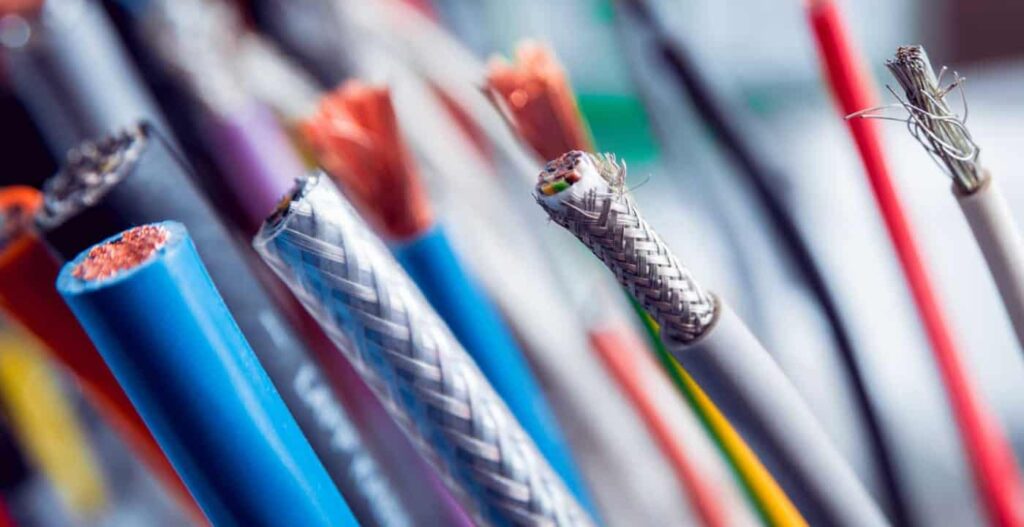Choosing the right custom cable manufacturer is a critical decision for any Original Equipment Manufacturer (OEM). Your cable assemblies are the vital arteries of your product, impacting performance, reliability, and ultimately, customer satisfaction. This guide provides a comprehensive framework for OEMs to navigate the selection process and secure a partnership that delivers high-quality custom cable assemblies tailored to their specific needs.
1. Defining Your Needs: The Foundation of a Successful Partnership
Before embarking on the search, a thorough understanding of your requirements is essential.
Application: What is the intended use of the cable assembly? (e.g., automotive, medical, industrial automation)
Specifications: Detail the technical specifications, including:
- Electrical requirements: Voltage, current, impedance
- Mechanical requirements: Flexibility, tensile strength, connector types
- Environmental considerations: Temperature range, exposure to chemicals, UV resistance
- Regulatory compliance: UL, CSA, CE, RoHS
Volume: What are your anticipated production volumes?
Budget: Establish a realistic budget for your custom cable needs.
Timeline: Define your required lead times for prototyping and production.
Expert Tip: “Investing time upfront to clearly define your needs will streamline the selection process and ensure that potential manufacturers can accurately assess their ability to meet your requirements,” says Leo Robles, a leading expert in cable assembly at Circuit Assembly
2. Identifying Potential Manufacturers: Where to Look
Industry Associations: Organizations like the Wire Association International (WAI) and the National Electrical Manufacturers Association (NEMA) offer directories and resources to connect OEMs with qualified cable manufacturers.
Online Directories: Platforms like ThomasNet and GlobalSpec provide comprehensive listings of manufacturers specializing in custom cable assemblies.
Trade Shows: Industry events offer opportunities to meet manufacturers face-to-face and discuss your needs.
Referrals: Seek recommendations from your network of industry contacts or other OEMs.
Google Search: Utilize targeted keywords to find manufacturers specializing in your specific cable requirements. (e.g., “medical cable assembly manufacturers,” “high-temperature cable assemblies”)
3. Evaluating Manufacturers: Key Criteria
Once you have a list of potential manufacturers, a thorough evaluation is crucial. Consider these key factors:
Experience and Expertise:
Look for manufacturers with a proven track record in producing custom cables for your industry.
Inquire about their experience with similar applications and technical challenges.
Assess their engineering capabilities and design expertise.
Quality and Certifications:
Request information about their quality management system (e.g., ISO 9001 certification).
Inquire about their testing and inspection procedures.
Verify compliance with relevant industry standards and regulations.
Manufacturing Capabilities:
Assess their production capacity to ensure they can meet your volume requirements.
Evaluate their equipment and technology to determine their ability to handle complex cable designs.
Inquire about their vertical integration capabilities (e.g., in-house connector molding, overmolding).
Lead Times and Delivery:
Obtain clear estimates for prototyping and production lead times.
Discuss their on-time delivery performance and inventory management practices.
Communication and Collaboration:
Assess their responsiveness and willingness to understand your needs.
Evaluate their communication channels and project management processes.
Look for a partner who is proactive and collaborative in their approach.
Pricing and Value:
Obtain detailed quotes from multiple manufacturers.
Compare pricing structures and evaluate the overall value proposition, considering quality, expertise, and service.
Sustainability and Ethical Practices:
Inquire about their environmental policies and commitment to sustainability.
Consider their ethical sourcing practices and labor standards.
Industry Insight: A recent report by [Research Firm Name] found that [Statistic]% of OEMs prioritize quality and reliability as the most important factors when choosing a custom cable manufacturer.
4. Requesting Samples and Prototypes
Before committing to a production run, request samples or prototypes of your custom cable design. This allows you to:
Verify Quality: Assess the workmanship, materials, and overall quality of the cable assembly.
Test Functionality: Conduct performance testing to ensure the cable meets your specifications.
Refine Design: Identify any necessary design modifications or improvements.
5. Establishing a Strong Partnership
Choosing a custom cable manufacturer is not just about finding a supplier; it’s about building a long-term partnership.
Clear Communication: Establish open and effective communication channels.
Collaboration: Foster a collaborative approach to problem-solving and design optimization.
Mutual Trust: Build a relationship based on trust and mutual respect.
Continuous Improvement: Seek a partner who is committed to continuous improvement and innovation.
Conclusion
Selecting the right custom cable manufacturers is a crucial step for OEMs to ensure product quality, reliability, and success. By carefully defining your needs, evaluating potential manufacturers, and fostering a strong partnership, you can secure a reliable source of high-quality custom cables that meet your unique requirements and drive your business forward.

